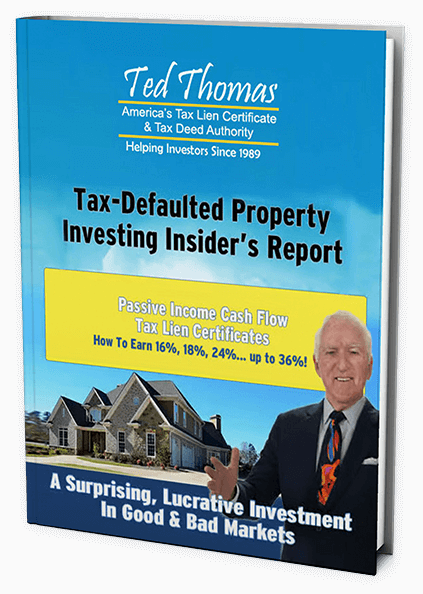Working from home as an entrepreneur has become an increasingly popular trend, particularly since the start of the Covid pandemic.
While there are many factors to consider, before you quit your job you would do well to ask, how many hours do entrepreneurs work in a typical week? Are your expectationis realistic?
I’ll answer the question, and as a bonus I’ll share a unique work-from-home business that is very successful and might save you from long work weeks.
Dispelling the Myth About How Many Hours Entrepreneurs Work
I have seen many entrepreneurs and freelancers push themselves into business and be disappointed. They quit that 40 hour a week job and quickly discover they need to work 60 hours a week or more to make the same money.
Especially when you are just starting out, the myth about having all the free time you want gets buried under the mountain of work you have to do each day.
In the real world, there are lots of wealthy people and they work a lot more than 60 hours a week.
Successful, experienced, business types (male and female) will openly tell you to keep your job and if you are thinking about living their lifestyle, then be prepared to commit yourself to 60+ hours every week.
Why Entrepreneurs Work So Many Hours
Why do new entrepreneurs have to work so hard? There are several reasons, some of which are:
- You have to fill all the roles at first: accountant, marketing & sales, product or content creation, social media management, etc.
- Your brand will be virtually unknown and you will need to dedicate more time to making a name for yourself so you can get noticed and hired or sell your product.
- Everything takes longer because you are just learning how to run your business.
- You have to simultaneously run the business and grow the business.
How many hours do entrepreneurs work to do all this? It varies – but say goodbye to your cushy 40-hour work week.
A Bit of Advice Before You Quit Your Job
My advice is – don’t quit your job until you know you’ve built your reserves to carry you six months or even a year.
If you can’t stand working where you are, do what you can to make it tolerable until you can quit.
Negotiate with the boss, work fewer hours, work more hours, adjust your pay, but keep the checks coming in. you will be glad you did.
Entrepreneurs often have an over-inflated view of how quickly they will be able to have their business up and running and generating enough revenue.
The lifestyle they envision of fancy cars and houses and working a 4-hour work week seduces them into quitting before they’re ready.
To help you with planning your business, visit the Small Business Administration website for free resouces.
Bonus!
A Work-from-home Idea: Tax-defaulted Property Investing
As you contemplate ‘how many hours do entrepreneurs work’, consider this: I found a way to work at home and generate income and build an ongoing business.
I like to call what I am about to talk about, a way to make good money from home and never have a job or a boss.
For me, this discovery was eye-opening. It was very lucrative, it was little known. Unfortunately, it was not very glamorous, it wasn’t very high-tech, although it was an industry that most people are familiar with.
I am referring to real estate. Traditional real estate is thought to be homes, vacant buildable residential lots, small farms, small apartments, but mostly homes.
Millions of people are involved: agents, realtors, brokers, bankers, CPAs, you get the idea.
The business I discovered is administered and run by the local county governments for over 200 years.
For me, it was eye-opening when I discovered over 3,000 + induvial counties in the United States all have tax-defaulted properties which they would like to sell at auction.
How Tax-defaulted Property Investing Works
It works like this… local county governments have challenges collecting property tax. The state legislature in all 50 states requires all property owners to pay property tax.
The revenue from property taxes pays the county employees, the firefighters, the police and sheriff departments, some contributions to the hospitals and other charities.
If the county cannot collect taxes the county would be unable to pay the police, fire departments, and the rest of the bills.
The state legislature requires the board of supervisors or county commissioners to mandate, that is require, the county treasurer to levy taxes, collect taxes, and if uncollectable, the county treasurer must confiscate the property.
The county seizes the property, evicts anyone on the property, and then at auction sells the property to the highest bidder. This is where you come in.
It all gets better – the county treasurer does not want the property. To sell the property quickly the county discounts the selling price by 60%, 70%,80%. These are not shiny new properties. Most are slightly used and abused and some of them are junk! Don’t buy the junk. Others are move-in ready.
The starting bid prices are 10 cents, 20 cents on the dollar. The treasurer is trying to collect the back delinquent taxes. County auctions take place in all 3,000+ counties at least annually.
Large population counties will have hundreds of properties with starting bids of 10¢ and 20¢ on the dollar. Small population counties will have dozens of properties to auction.
If you would like to see a sample auction list, click here and download a sample county list.
Nationwide, over 3,000 counties will have 5,000 separate auctions. The properties are sold with discounts of 60%,70%, 80% below the assessed value.
The treasurer will cancel, that is wipe out or delete, the mortgage or deed of trust loan. This is an old business; it is a subset of the traditional real estate business.
Auction buyers may review the county records and the properties from the outside before purchasing at auction.
I recommend potential buyers look at the property before they start bidding. I also recommend know your selling price before you purchase. You will make your money before you buy.
If you’d like to get started today, you can begin now at no cost by taking advantage of Ted’s FREE Master Class. It’s only about 1 hour of streaming video and will open your eyes to the incredible opportunities available in tax delinquent real estate investment.





